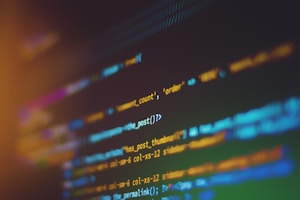Making use of any computer can be either pleasant or downright unpleasant. The performance that you wish to derive out of a computer will be the determinant as to whether or not you get the satisfaction you are looking for. A slow computer simply drags down the moods of its users and is something an impatient user would smash into the wall and raise money for a more sensible computer. Slow computers are slow for many reasons with one of them being that they are bogged by a lot of software applications that are not in use but run on background threads.
Applications that run in the background without really being used are one of the reasons for computers being slow. The slowness of a computer is also due to the fact that it gets too much demand from software applications that make use of most of the resources available. Installing an application that does not fit the computer that is available means that you get a constantly hanging application which pisses you off and slows down your productivity. A slow computer might even make you feel sick when you have a load of tasks to complete and it turns unresponsive.
A slow computer will most often have limited hardware features and is characterized by inadequate RAM or a processor that does not have enough number of cores. Overloading such computers with a lot of information processing will deprive them of the ability to process information. Any computer user that is serious enough about performance should be able to upgrade the internal components of their computer. Recognizing when you need to make such upgrades means that you are aware of the importance of hardware that is capable of handling the tasks you have on hand and the changes will make your work easier.
A computer can also be slow for lack of maintenance such as not upgrading the operating system that interfaces the other applications you have installed onto your computer to the hardware. The upgrade of the software gets rid of performance bugs and ensures that you save time whenever you are on your computer. If there are applications that are buggy and tend to hang whenever you are using them, you can always check with the vendor for the latest version that is full of patches to the performance glitches and better source code for you to work with.
To be brief, computer performance gets bogged down by silly little things like too many applications open at the same time or applications that have heavy hardware demands but are still insistent on being run on your processor. This is totally unreasonable and one of the reasons to pluck these applications away from your computer. The age-old tradition of steam-train computing cannot be applied in a fragile world of modern computer performance where the survival of the race depends on not being slow when it concerns processing information and getting rid of bumps on the information super-highway.




